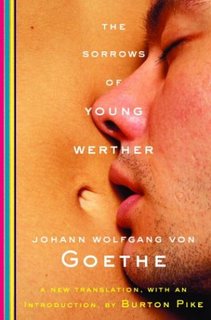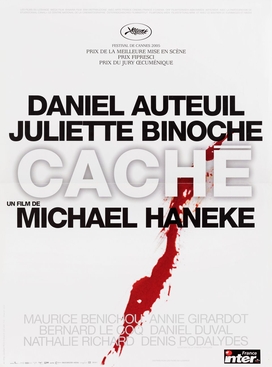The New York Times Book Review archive is a treasure trove. They have made all of their book reviews since 1981 public and they are easily searchable online. So whenever I am getting bored I type in some name in the search bar and lo and behold, I get to read some very well written and informative review of authors and books I love. The reviews are also reasonably middle-brow, which suits amateurs like me.
So I think I was looking for some article on Tristram Shandy and I found this essay by Milan Kundera which he wrote as an introduction to his stage adaptation of the Eighteenth century French novel Jacques the Fatalist by Diderot, a book which I have not read. There are many insightful observations in it about the history of the novel and what the purpose of art should be but what intrigued me was what he had to say about Dostoevsky and sentimentality. He has written about the evils of kitsch and sentimentality eloquently in his novels The Unbearable Lightness of Being, Immortality and others. But here he makes even greater claims. He says:
"Man cannot do without feelings, but the moment they are considered values in themselves, criteria of truth, justifications for kinds of behavior, they become frightening. The noblest of national sentiments stand ready to justify the greatest of horrors, and man, his breast swelling with lyric fervor, commits atrocities in the sacred name of love. When feelings supplant rational thought, they become the basis for an absence of understanding, for intolerance."
He then, rather surprisingly, goes on to criticise Russians (Kundera had to flee from his country after the Russian invasion of Prague) and particularly Dostoevsky for living in the middle ages and being sentimental.
"What irritated me about Dostoevsky was the climate of his novels: a universe where everything turns into feeling; in other words, where feelings are promoted to the rank of value and of truth."
There are a few problems which I find with Kundera's assertions. First, while it is true that many of the Dostoevky's characters are sentimental, this is not specific to Dostoevky. The poor and miserable drunkards that we find in so many Russian novels are not artificial creatures created to manipulate readers into submission but rather, they are true Russian types. Perhaps it was Gogol who created the first in his classic short story
The Overcoat.
Also calling him "medieval" is definitely wrong. Perhaps no one understood the contradictions between the modernistic ideas of progress based on science and rationality and the essential nature of human soul, better than Dostoevky. At many places in his novels there are explicit references to Marx, Proudhon, Bakunin and the utilitarian economists like Bentham and Mill whose ideas form the basis of the modern conceptions of man and his place in society.
Notes from Underground is actually a response to the Russian writer Chernyshevsky who popularized the utilitarian philosophy in Russia.
Notes from Underground,
Crime and Punishment,
The Possessed (I haven't read it so far) and
The Brothers Karamazov (specially the final court scenes) are prophetic critiques of the utopian experiments that resulted in most of the horrors of last century, which in fact also forced Kundera to live a life of exile. Dostoevsky's solutions ("return to the church, respect the patriarchal authority of Czar") were perhaps medievalistic, yes. But that's what makes his whole vision of human condition even more tragic.
Finally, in championing reason Kundera forgets that reason can also (in fact in most cases it does) act as a mask for the will and can lead to the same atrocities that he condemns sentimentality for. There can be no arguing with Kundera that we can never trust feelings as arbiters of ethical behavior but can we trust reason? Nietzsche thought otherwise and so did Dostoevsky. If Nietzsche is considered the most modern of all philosophers, there is no reason why Dostoevsky can not be considered anything but equally modern.
P.S. Found
another article in the archives by the Nobel Prize winning Russian-American poet
Joseph Brodsky who responds to Kudera's arguments, much more eloquently and with far more authority than this humble post of mine. It is long and dense but worth battling through.
Also the
"featured author" page of Milan Kundera. Nabokov's opinions on Dostoevsky are also worth going through. They are funnier!







